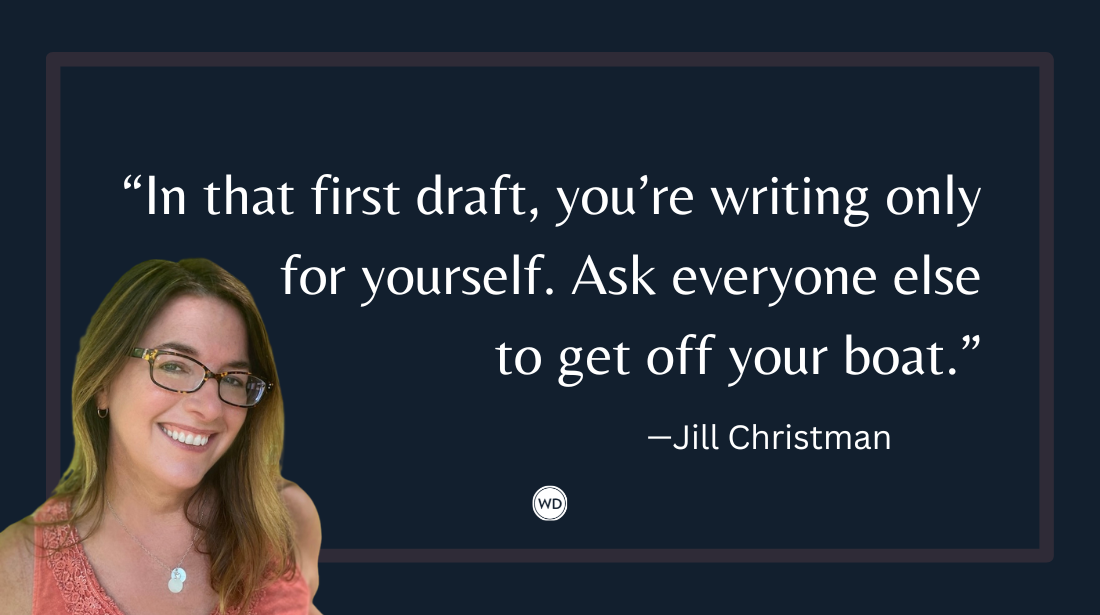6 Tips for Writing About Music
You know more about music than any of your friends and can hold your own with all of these so-called critics. But where to begin? How do you break through to the printed page and music blogosphere? Here’s how.
You’re a self-proclaimed music junkie. Every two weeks you pore over Rolling Stone, which you’ve been subscribing to since junior high, eventually winding up at the album reviews at the back of the magazine. You read about Lorde’s debut smash, the new collection of Springsteen outtakes, the overhyped Imagine Dragons, and the new EP from hip-hop buzz artist Jhene Aiko.
The Mojo, Uncut, and Q magazines are piled neatly next to your vintage Dual turntable. They explore a wider smorgasbord of Eurocentric obscurities by Talmud Beach, Cigdem Aslan, and First Aid Kit. You’re mostly unimpressed with the writing, though admittedly startled that these magazines are unearthing so much new music you’ve never heard.
“I can do better than that,” you say to yourself, while firing up Spotify to check out the new stuff. But you struggle to bring up a blank document on your laptop.
You know more about music than any of your friends and can hold your own with all of these so-called critics. But where to begin? How do you break through to the printed page and music blogosphere?
6 Tips for Writing About Music
1. Buy a box of reporter’s pads immediately.
Always carry a pad with you and keep another by your music delivery portal. Images will come into your head while you’re listening. Write them down. If you’re more comfortable dictating into your phone, do that instead. Chronicle your raw thoughts and flesh them out later.
2. Listen to all types of music.
Challenge yourself. Step out of your comfort zone. If you usually listen to classic rock à la Led Zeppelin, Aerosmith, and ZZ Top, spend some focused time sampling Kendrick Lamar, Yo-Yo Ma, Nina Simone, and Doc Watson. Instead of your predictable diet of George Strait, Martina McBride, and Rascal Flatts, how about a taste of Sarah Vaughan, Cage the Elephant, or Avicii? Expand your horizons. Narrowcasting is the death knell for a writer.
IndieBound | Amazon
[WD uses affiliate links.]
3. Constantly read about music.
This is mindlessly simple advice, but it’s crucial that you devote long hours to reading. Absorb as much information as you can from periodicals, biographies, and reference books. Visit artists’ websites, Wiki pages, and gobble up some music memoirs (suggestion: begin with Chronicles by Bob Dylan and Just Kids by Patti Smith). Knowledge will spark your flow.
4. Experience live music as often as possible.
Bring one of those aforementioned reporter’s pads. Scrawl notes and setlists (don’t be embarrassed to ask the person next to you about a song title that you’re unfamiliar with). You’re not going to be able to sleep after an exciting concert anyway, so write a few paragraphs about your experience while it’s still fresh. Revisit it in the morning.
5. Write about what you don’t like.
This is the only way you’ll grow as a writer. It’s too easy to be a fan and write gushing platitudes about your favorites. If you’re a devotee of the Eagles and Jimmy Buffett, try writing about Kraftwerk or Flaco Jimenez. If all you listen to is Deep Purple and Pink Floyd, check out Chick Corea and Five Finger Death Punch. You’ll hone your writing chops by articulating why you don’t like a specific piece of music.
6. Google “music magazines” and “music blogs.”
It’s overwhelming and it may initially convince you to ditch your pens, pads, and keyboards altogether. Yet, this is a comprehensive way of seeing what you’re up against, who your allies are, and who’s looking for some hot new writers. It may seem like you’re gathering acorns for a long winter, but you’ll find a few gems while sifting through the rubble.
Kenny Weissberg has written extensively about music for 17 publications, including the Denver Post, Boulder Camera, Westword, Creem, and Cake Eaters. His new memoir, Off My Rocker, chronicles his life as a radio disc jockey, journalist, rock ’n’ roll singer, bandleader, and concert promoter. Available at local bookstores, online, and at kennyweissberg.com.









